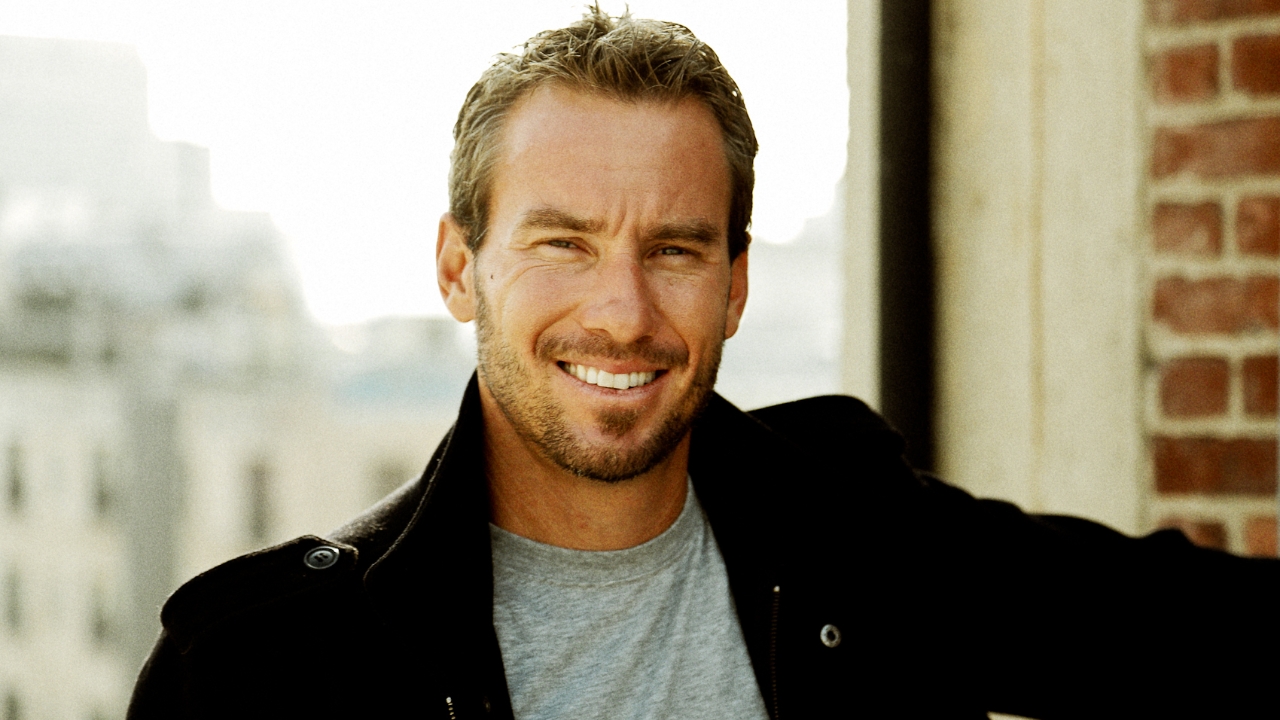
Why 'Celibate Gay Theology' is a Dangerous Compromise the Church Must Reject
Celibate gay theology–which claims to uphold a traditional biblical view of sexuality–has become the default compromise in churches and parachurch ministries. It embraces homosexual orientation and identity but disallows gay sex. It categorizes homosexual desire as a morally neutral temptation. It mangles the gospel, replacing repentance and faith with victimhood and “brokenness.” Instead of repenting of sin, the celibate gay Christian is called to steward his sinful desires in supposedly meritorious ways. And though it may sound like a way to uphold biblical standards of sexual ethics in a way that comes across as less ‘mean’ to the wider world, it falls perilously short both of what God requires of those who follow Him, and the freedom He offers to sinners in Christ Jesus. Moreover, this rank heresy has littered churches with discouraged Christians who don’t know how to fight their sexual sin because they refuse to categorize it as sin at all.
Built upon Freudian psychology and critical identity theory, celibate gay Christianity instead embraces sin and demands that others do so as well. Wesley Hill, who labels himself as a ‘celibate gay Christian’ capstones this movement as follows, “The experience of same-sex desire may be the divinely appointed way in which celibate gay Christians discover the power of Christ made perfect in their lives” (Washed and Waiting: Reflections on Christian Faithfulness and Homosexuality (Grand Rapids, MI: Zondervan, 2010: 201). Did you catch that? Homosexuality, no longer a sin of the flesh to be mortified, is now a divinely appointed grace.
In what religion could this be true?
Not the Christian one.
Celibate gay theology emerged in the 2000s, with a desire to rally the church to support and care for people with unwelcome homosexual desires. I share this desire. As someone who lived as a lesbian for a decade, I benefited from the loving care of a pastor and church to guide me through repentance and faith in Christ. But the difference between what I experienced from the Syracuse Reformed Presbyterian Church in 1999 and the celibate gay Christian movement is profound–and reveals competing gospels and different religions.
When I lived as a lesbian, a faithful pastor, Ken Smith, and the church he led, met me as an unbeliever and presented the gospel over dinners and informal gatherings. Pastor Ken led me to Jesus through repentance and faith and guided me in seeking the means of God’s grace to forsake sin. He encouraged me to make a private profession of faith and then a corporate one, taking covenant vows in a faithful church. When my life got hard, my pastor and elders were there to help me. Right after my conversion, elders led Bible studies for curious friends and angry students in my living room. When a graduate student of mine survived a suicide attempt, she recovered at my pastor’s home.
The Syracuse Reformed Presbyterian Church was a haven for me and the place where I struggled the hardest with my choice sin. The call to repentance and faith was a lifeline, but simultaneously represented the death of the life I loved. I learned that the freedom of a born-again Christian included forsaking my homosexuality (and other sins) and striving for greater and greater sanctification. Freedom in Christ meant freedom to obey God. Freedom in Christ also meant learning how to bear the image of God as a woman. I had to forsake a number of sins to achieve this, starting with feminism and androgyny.
But this is not what the celibate gay Christian has in mind when he thinks of faith. In celibate gay Christianity, it is the church that is called to change.
As a case in point, examine the checklist from UK-based Celibate Gay Christian organization Living Out, entitled, “How Biblically Inclusive is your Church? 10 Statements to Help you Audit your Church.” The point of this checklist is to measure how many times your church can answer TRUE to the following questions:
1. Your church family meetings include people who could be labeled LGBTQ+/are same-sex attracted.
2. Derogatory language or stereo-typing attitudes toward anyone would not be tolerated either up-front or in conversation between church family members.
3. All in your church know that we all experience sexual brokenness, and all are being encouraged to confess their own sexual sins.
4. Same-sex sexual relationships are never mentioned in isolation from other sinful patterns of behavior or from the forgiveness offered to all through faith in Christ crucified.
5. All in your church are hearing the same call to radical self-sacrifice of themselves in response to God’s giving of himself in Jesus.
6. All in your church are encouraged to develop an identity founded first and foremost in their union with Jesus Christ.
7. A godly Christian’s sexual orientation would never prevent them from exercising their spiritual gifts or serving in leadership in your church.
8. God’s gifts of either singleness or marriage are equally promoted, valued, and practically supported in your church family’s life together.
9. Church family members instinctively share meals, homes, holidays, festivals, money, family life with others from different backgrounds and life situations to them.
10. No one would be pressured into expecting or seeking any “healing” or change that God has not promised any of us until the renewal of all things.
Note question 10, which takes offense to a gospel that includes healing and change. Celibate gay Christianity has no place for John 8:31-32: “If you abide in my word, you are truly my disciples, and you will know the truth, and the truth will set you free.”
While the Living Out checklist contains many theological problems–it reads as vows a mistress writes for the Bride—the most profound error of all is that it pits God’s grace against the law of nature. Genesis 1:27-28, part of the creation ordinance, captures the law of nature: “So God created man in his own image, in the image of God he created him; male and female he created them. And God blessed them. And God said to them, ‘Be fruitful and multiply and fill the earth and subdue it.’” Nature shows that pattern (male or female) has a purpose (procreation).
That is why only heterosexuality is life-giving. Homosexuality is always barren. Why? Because it is rebellion against the created order. The church calls the sinner to repent and believe, but celibate gay Christianity calls the church to leave men and women enslaved to sin.
Celibate gay Christianity is a false doctrine, and no matter how passionate its followers, well-heeled its para-church ministries, winsome its celebrities, celibate gay Christianity remains a different religion from the genuine Christian faith. It teaches:
1. An unbiblical understanding of personhood. Homosexual identity is Freudian, not biblical. It rebels against the creation ordinance and nature (Genesis 1:27-28).
2. An unbiblical understanding of scriptural authority. Hebrews 4:12 tells us, “The word of God is living and active, sharper than any two-edged sword, piercing to the division of the soul, and of spirit, of joints and of marrow, and discerning the thoughts and intentions of the heart.” God’s word knows me better than I know myself. My feelings do not determine truth. God’s word does.
3. An unbiblical understanding of sin: original, actual, and indwelling. Psalm 51 reveals that all sin is an attack against God. Exodus 20:17 shows that even those sinful desires that are not acted upon are properly and genuinely sin. Finally, Romans 7:15-24 shows that even unchosen sin is ours to mortify. Our job isn’t to pray the gay away. It’s to own it as ours and then mortify it. We must learn how to hate our sin without hating ourselves.
4. An unbiblical understanding of the cross. The blood of Christ does not make an ally with sin it crushes on the cross. Ever.
5. An unbiblical understanding of sanctification. The Bible locates our sanctification (growth in holiness through repentance of sin and faithful obedience) in our justification (God’s electing judicial act granting forgiveness of sin through Christ’s blood and His ransom). The gay celibate Christian movement denies the gospel requirement of repentance. In place of repenting of the sin of unnatural and unholy desires, the gay celibate Christian commits to life-long celibacy. When God calls for repentance, our chosen works of righteousness add sin to sin.
6. An unbiblical understanding of God’s holiness. God’s holiness cannot abide with sin.
Those who embrace gay celibate Christianity or promote it–Preston Sprinkle, Greg Coles, Andy Stanley, just to name a few–are fanatically deceived in believing themselves to be more merciful than God. Homosexual orientation does not provide cover for sin or an excuse and exemption for repentance. Advocates of celibate gay Christianity are destroying the peace and purity of the church and disfiguring the gospel by denying the most basic of truths: homosexuality is found in the flesh, forbidden in the law of God, and overcome in the Saviour. And the celibate gay Christian movement is run by goats and wolves.
